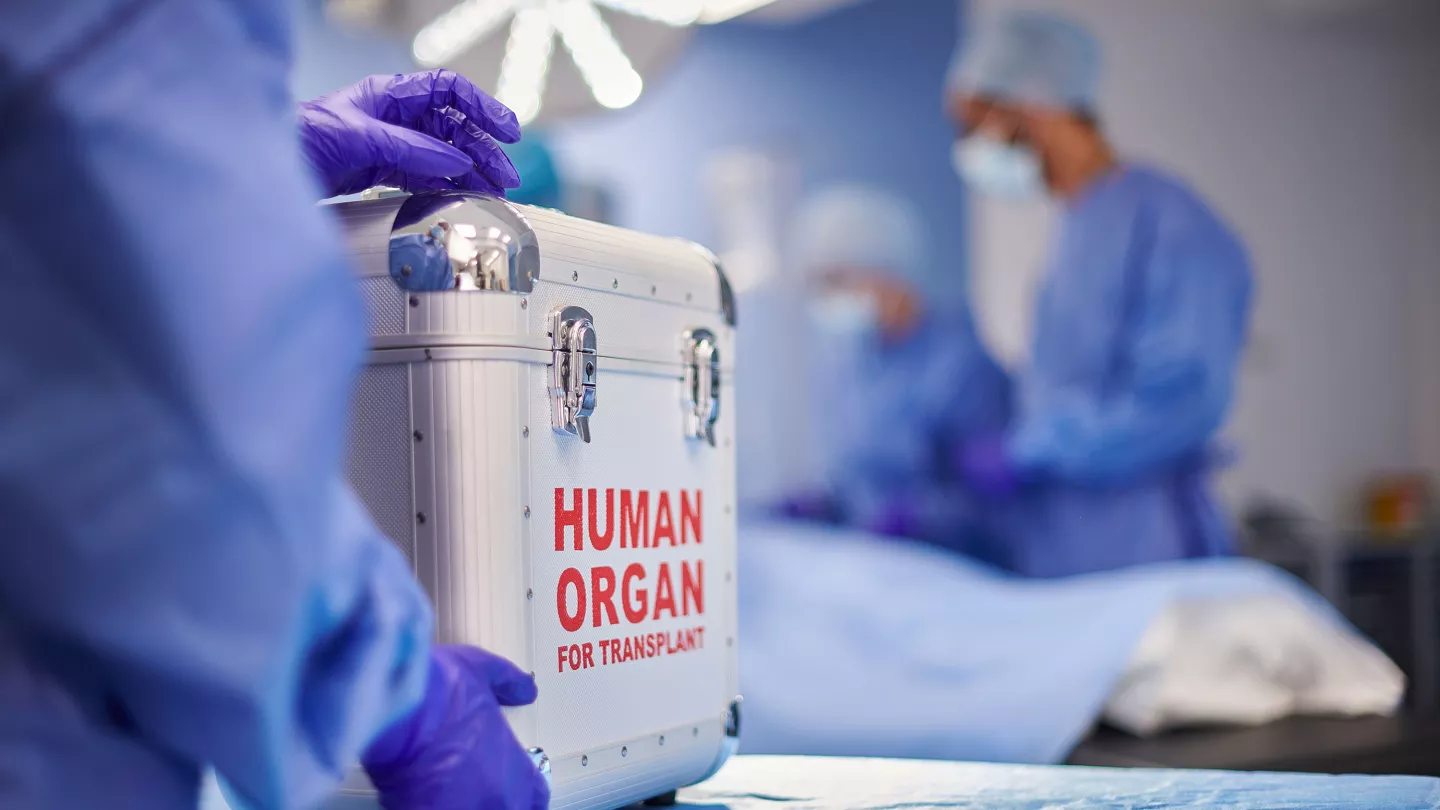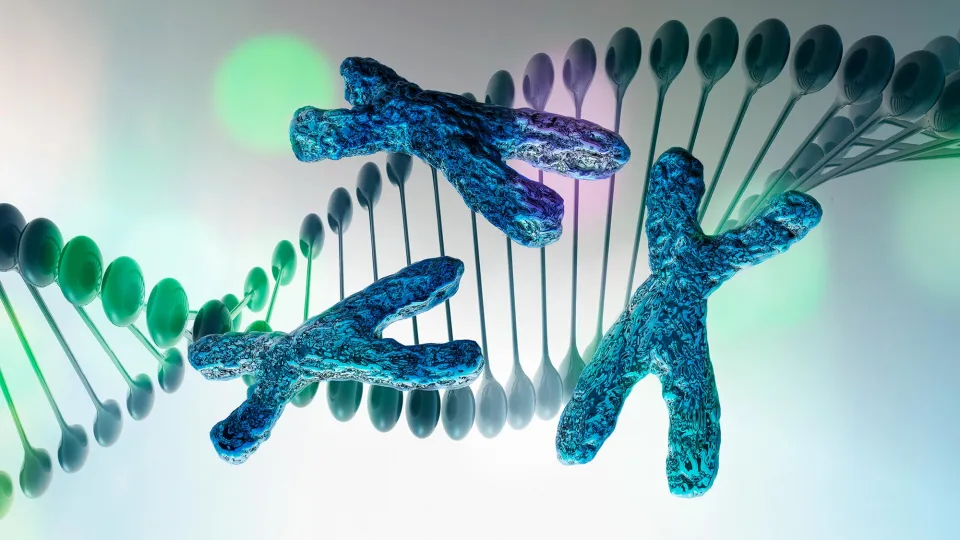News Brief
Finding Risk Factors for Post-Organ-Transplant Infection
October 1, 2024

Fungal diseases are on the rise, and one in particular—cryptococcosis, caused by the Cryptococcus fungus—can lead to devastating meningoencephalitis in organ transplant recipients and other immunosuppressed people. A lack of biomarkers makes it difficult to identify people at risk for developing meningoencephalitis.
The National Institute of Allergy and Infectious Diseases has awarded Hyun Ah Yoon, M.D., M.S., a five-year, $997,000 grant to discover antibody biomarkers for identifying patients on immunosuppressive drugs at risk for the disease. Dr. Yoon and colleagues will measure antibody levels in candidates for kidney transplants enrolled in an ongoing study at Montefiore Health System. Study participants slated to begin immunosuppression and who do not have cryptococcosis will have their antibody levels monitored over two years and correlated with the type and dosage of immunosuppressant they receive post-transplant, with several developing cryptococcosis afterward. In addition, kidney transplant recipients at Montefiore and at the University of Alabama at Birmingham who do develop cryptococcosis will have their plasma antibodies analyzed for one year to identify antibodies that may correlate with protection against disease or with disease progression. The study’s findings could lead to earlier interventions to reduce the morbidity and mortality associated with cryptococcosis.
Dr. Yoon is an associate professor of medicine at Einstein and an attending physician in the division of infectious diseases at Montefiore. (1K23AI177939-01A1)



